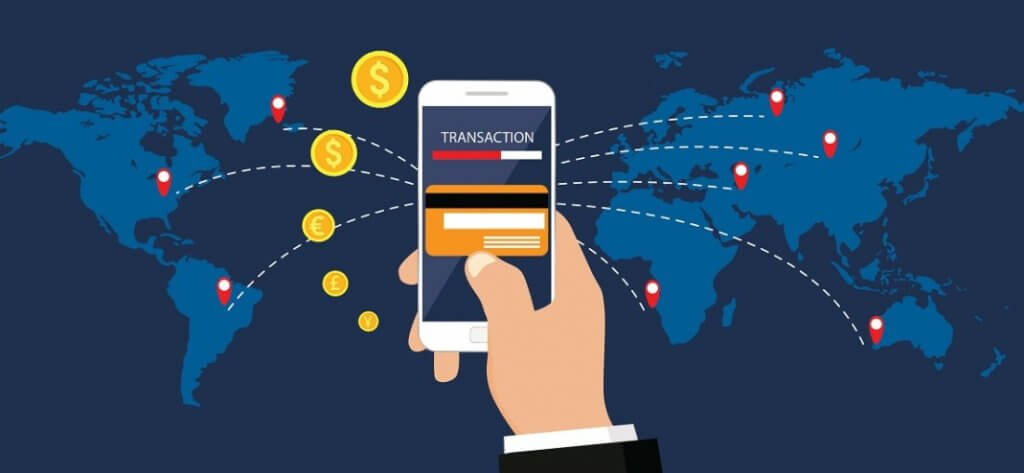
Getting a credit card is indeed exciting as it enriches your shopping experience with rewards and cashback. Most of you are probably looking forward to experiencing these benefits when you become a cardholder. Well, it comes with amazing offers, but at the same time, you need to be cautious as there is more to credit cards than what just meets the eye. Understanding the nooks and cranes of these financial instruments will save you money and also help you build good credit quickly.
To help you tread carefully through your credit journey, we’ve curated some of the things to keep in mind before you wrap up your mind to get a credit card.
- Learn the Types of Credit Cards
Before getting your preferred card, you need to do some research about the types of credit cards offered by different lending institutions. You may be attracted to a card you do not require. If it is your first time getting a card, you can look for beginner-level cards that come with a lower annual fee. Choosing the right credit card will help you maximize the available perks and get the most out of your card. Don’t focus on benefits; rather, look for a card that can fulfill all your needs.
- Understand How to Use a Credit Card Responsibly
It won’t hurt to be a responsible user. In fact, it can help you build your credit with time since the card issues normally report your payment activity and balance details to the credit bureaus regularly. This information is added to your reports, which are then used to find your score.
Pay the bills on time: Payment history is a major factor used to determine your credit report. Late payments on your credit card will undoubtedly hurt your credit, and it can lead to late fees. So, make sure you pay your bill promptly every month.
Stay below the credit limit: Your revolving credit balance should be less than 30 percent of the total credit limit.
Limit credit use: Every time you apply for credit, a hard inquiry is created on your report, which eventually lowers your score. Therefore, ensure you apply for only the needed credit.
Pay more than the minimum amount: You need to pay more than the required minimum amount to avoid interest charges.
- Check Your Credit Score
Credit scores also play a pivotal role in whether you’ll get approved for a credit card and what rate you’re offered. As a rule, a higher score means you can get a card at a lower rate. Also, some cards with rewards are only available for those with high scores.
Therefore, it is advisable to check your score and credit reports before applying for a credit card. By doing this, you will be able to notice errors and make corrections immediately.
- Ensure You Have a Regular Income
To some, getting a credit card may seem like a huge milestone. But this can be the beginning of your debt woes. It is best to get one if you are employed and always get a salary every month or have a way of earning a regular income. Without a regular income, it can be quite challenging for you to repay your debts, which will eventually lead to debt traps that no doubt will have a negative impact on your finances.
- Learn About Additional Expenses
Credit cards come with a lot of additional expenses. Knowing these expenses prior to getting the card is crucial. If you aren’t aware of these charges before taking your card can be disappointing. Therefore, you need to learn all of these expenses you might incur later. There might be annual fees, interest rates on late payments, extra fees on cash withdrawals, and more. You thus need to focus on such expenses as you get your new card.
- Some Fees are Avoidable
Credit cards have many fees, but the best thing is that most of these charges can be avoided. However, note that some credit cards don’t have annual fees. In particular, secured cards don’t have annual fees, while in others, the annual charges are waived depending on the amount you spend. Just like an instant personal loan, a credit card also comes with late fees when you make your payments past the due date. Understanding these easily avoidable charges and learning how to avoid them will save you a lot.
- You Can Earn While You Spend
Getting a credit isn’t that bad. In fact, most of the leading credit cards have reward programs that can help you earn while spending. Some of these rewards that come with credit cards include reward points, cashback, miles, etc.
- Reward points are accumulated on the expenses and you can redeem them on specific lifestyle services.
- Cashbacks are when some of your expenses are credited back as cashback.
- Miles are just like reward points but can only be redeemed for booking flight tickets.
Conclusion
Getting a credit card, especially for the first time, can be scary. However, the most important thing is to fully understand the ins and outs. Remember, a credit card can build or hurt your credit score. So, before getting one, know the types of cards available, check your score, have a regular income, know how to use it responsibly etc.
Still, you can avail a personal loan at lendingplate and get quick cash for your urgent needs.











